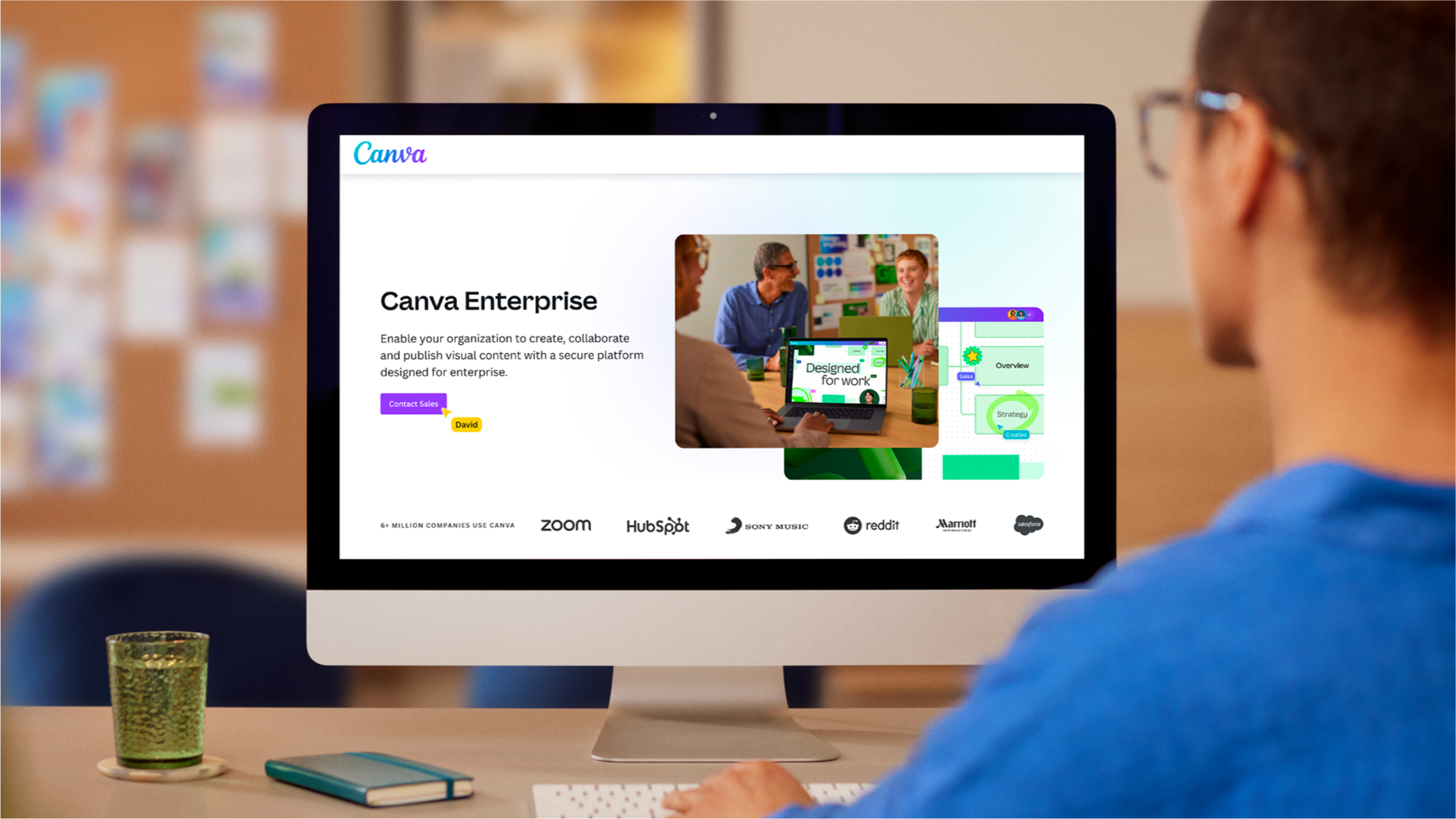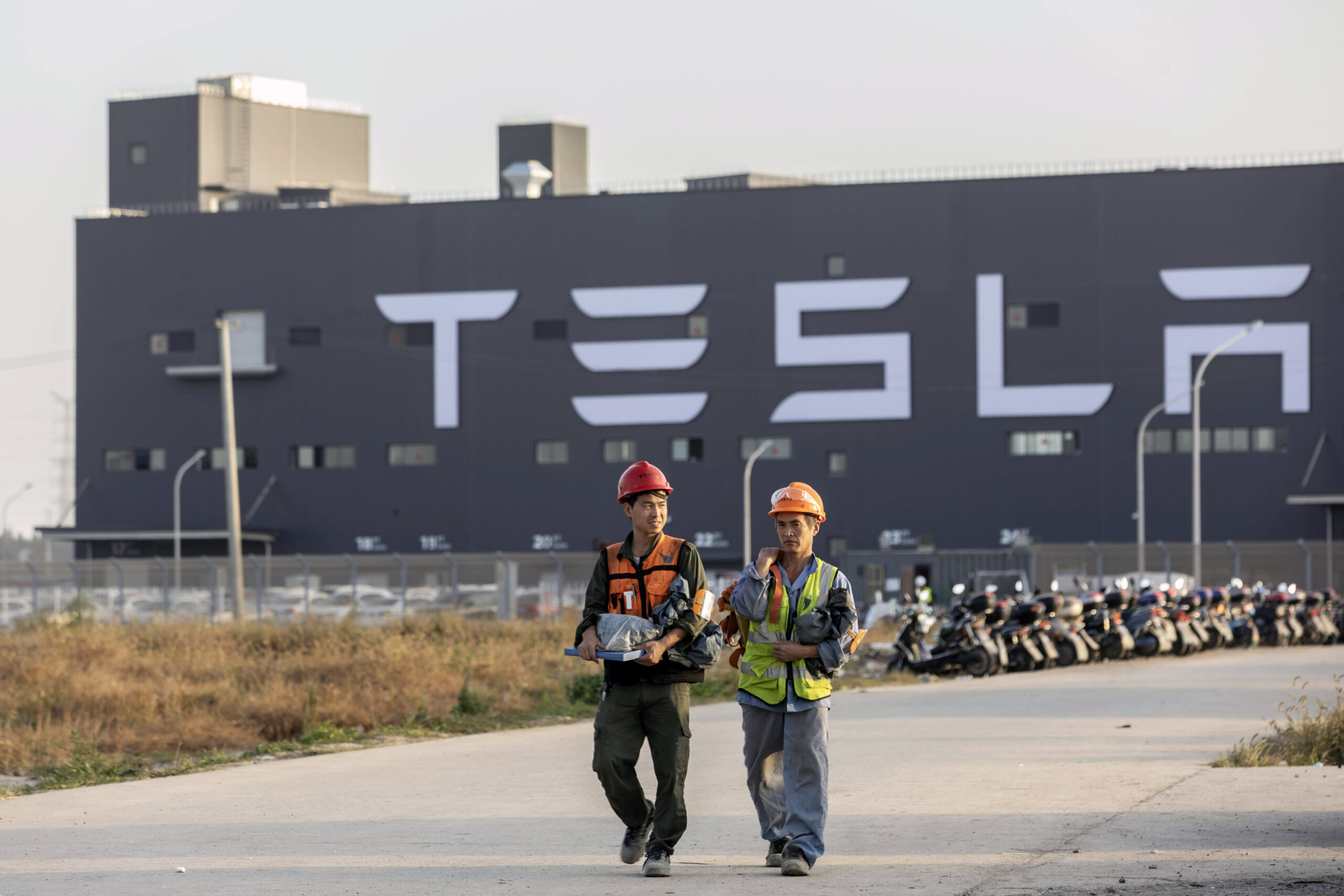In 2019, Canva, a design tool that achieved tremendous success, introduced an enterprise product that was more suitable for teams than for meeting the specific requirements of enterprises
On Thursday, the firm changed that by unveiling a new enterprise edition specifically designed for larger organizations’ needs.
This contains the features you’d expect in a solution like this, such as single sign-on, increased security offerings, and capabilities for managing large groups of people. It also provides unified brand management and dedicated assistance.
Cam Adams, the company’s co-founder and CPO, said that in 2019, they considered shifting from supporting primarily individual individuals to supporting small teams of five to 100 people. Over the years, they noticed more giant corporations utilizing Canva and realized they needed a product more tailored to these larger companies’ needs.

“We now have cohorts of up to 5,000 individuals using Canva within a business, and as a result, we’ve needed to launch a new sort of Canva enterprise offering to satisfy the needs of those larger groups. And that is exactly what we have done with Canva Enterprise,” Adams told TechCrunch.
This version addresses three specific issues Canva encountered as it expanded into larger businesses.
For starters, design is no longer limited to one group. It covers several departments and industries. Second, there are several AI tools, and Adams says CIOs are increasingly concerned about “AI tool creep.” Finally, there’s a workflow component. As more departments get involved in the design process and AI becomes more prevalent, a platform that can handle back-end user management and the movement of work across these various constituencies is required.
“We are no longer simply thinking about empowering everyone. We envision Canva’s second decade as one of empowerment for all organizations. And when it comes to enterprises, we’re looking at bringing all that fragmentation together on a single platform,”
The previous version of the product is evolving into a genuine team product and will cost $100 per seat each year, with a three-person minimum. Enterprise pricing begins at $300 per seat annually, with negotiated bulk reductions available.
The Australian company was launched in 2012 and has raised more than $560 million, most recently at a staggering $26 billion valuation, according to the company. It has more than 180 million monthly users worldwide.



